Pittsburgh, Pennsylvania has a rich industrial history that played a significant role in the growth of the United States. Here is an overview of its industrial history and its impact:
- Steel Industry: Pittsburgh is often referred to as the “Steel City” due to its prominence in the steel industry. In the late 19th and early 20th centuries, the city was a hub for steel production, and it was home to giants like U.S. Steel, which was founded by Andrew Carnegie. The city’s access to coal and iron ore, as well as its proximity to major waterways like the Ohio River, made it an ideal location for steel mills and factories. The steel industry played a crucial role in the city’s growth and development.
- Coal Mining: Pittsburgh and its surrounding regions were known for their coal mines. The coal was a vital source of energy for the steel industry and other manufacturing processes. This led to the growth of coal mining towns in the area.
- Glass Industry: Pittsburgh was also a significant player in the glass industry. Companies like Pittsburgh Plate Glass (now PPG Industries) and Libbey Glass had a strong presence in the region, producing glass products for various applications.
- Manufacturing and Innovation: In addition to steel and glass, Pittsburgh was home to a wide range of manufacturing industries, including machinery, electronics, and chemicals. The city was known for its innovation in industrial processes and technologies.
- Decline and Transition: The industrial landscape of Pittsburgh started to change in the latter half of the 20th century. The steel industry declined significantly, leading to the closure of many steel mills and the loss of jobs. This period was marked by economic challenges and population loss.
- Transition to Technology and Healthcare: In response to the decline of traditional industries, Pittsburgh has reinvented itself as a hub for technology and healthcare. Carnegie Mellon University and the University of Pittsburgh have played pivotal roles in fostering innovation and research in areas such as robotics, artificial intelligence, and biotechnology. Tech companies and startups have been attracted to the city, contributing to the revitalization of its economy.
- Modern Economy: Today, Pittsburgh’s economy is diverse, with strengths in healthcare, technology, education, finance, and energy. The city has a thriving healthcare sector with world-class medical institutions like the University of Pittsburgh Medical Center (UPMC). The technology sector has seen significant growth, with companies in robotics, AI, and self-driving cars making their mark. Pittsburgh has also embraced green and sustainable practices in recent years.
In summary, Pittsburgh, Pennsylvania, has a rich industrial history, particularly in steel, coal mining, and glass production. While traditional industries have declined, the city has successfully transitioned to a more diversified economy, driven by technology, healthcare, and education. This transition has allowed Pittsburgh to remain a vibrant and innovative urban center.

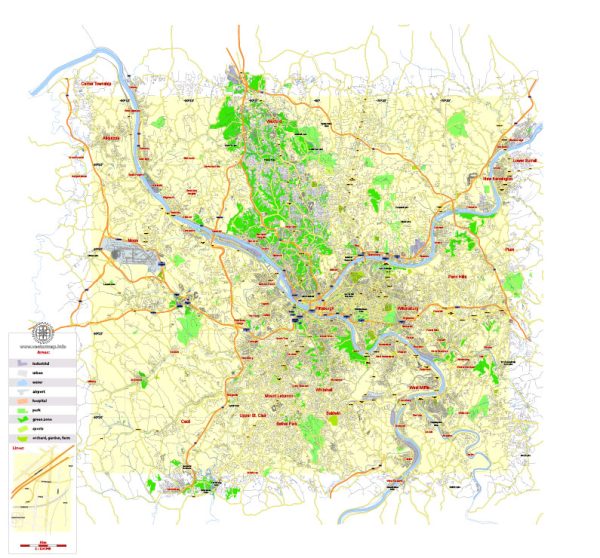
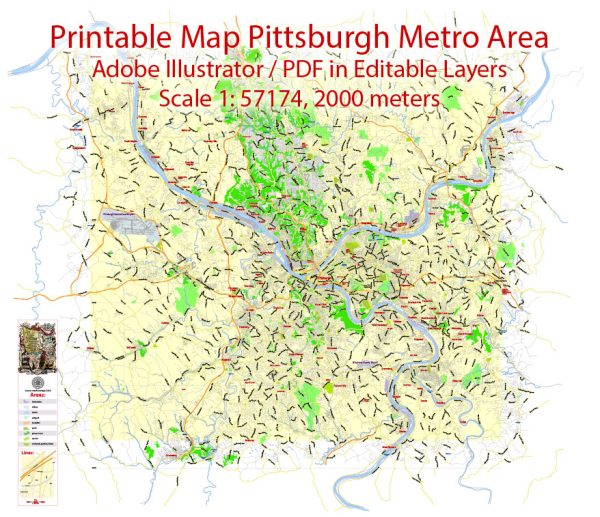
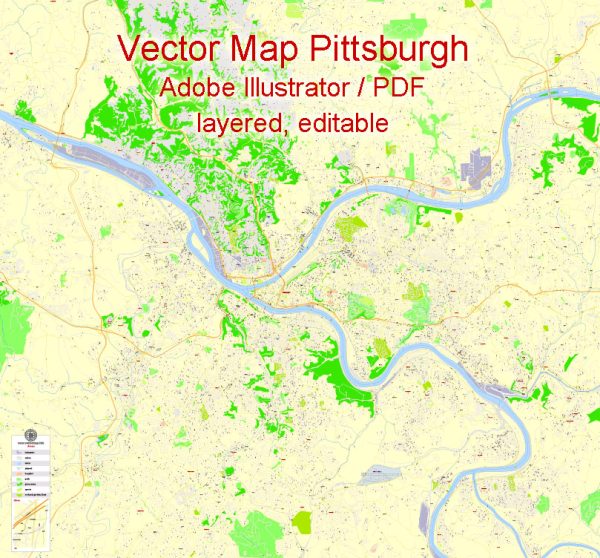
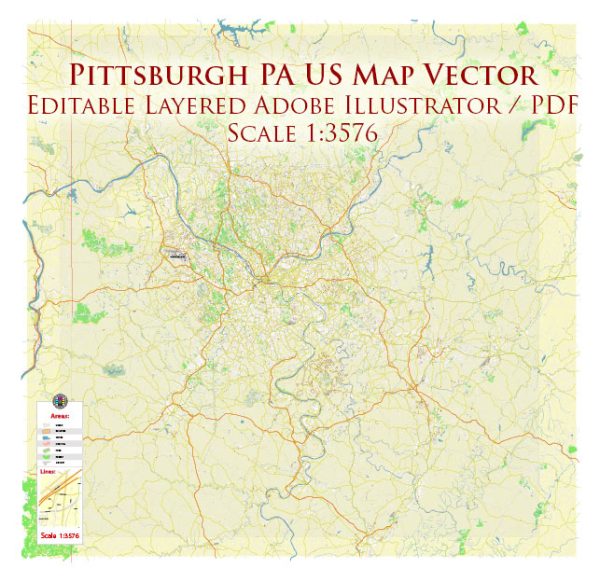
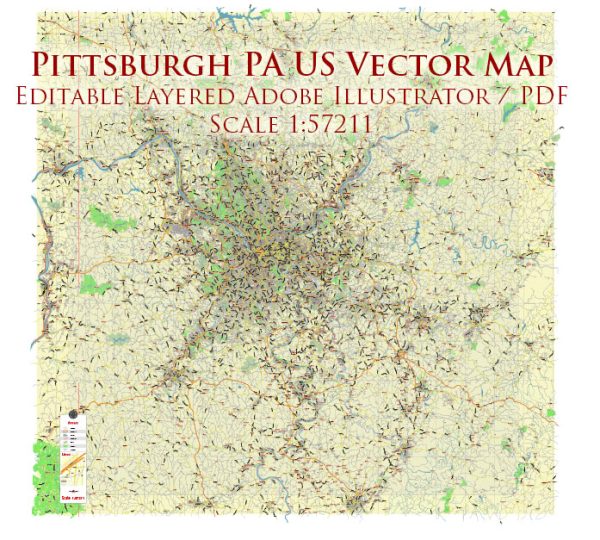
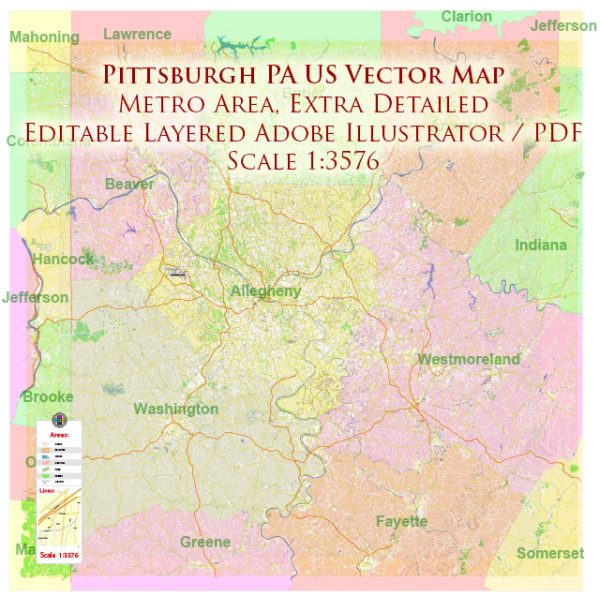
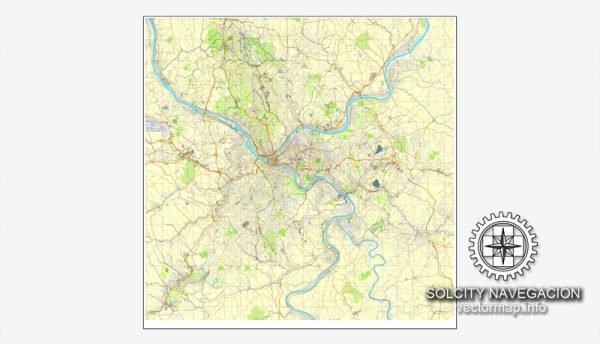
 Author: Kirill Shrayber, Ph.D. FRGS
Author: Kirill Shrayber, Ph.D. FRGS